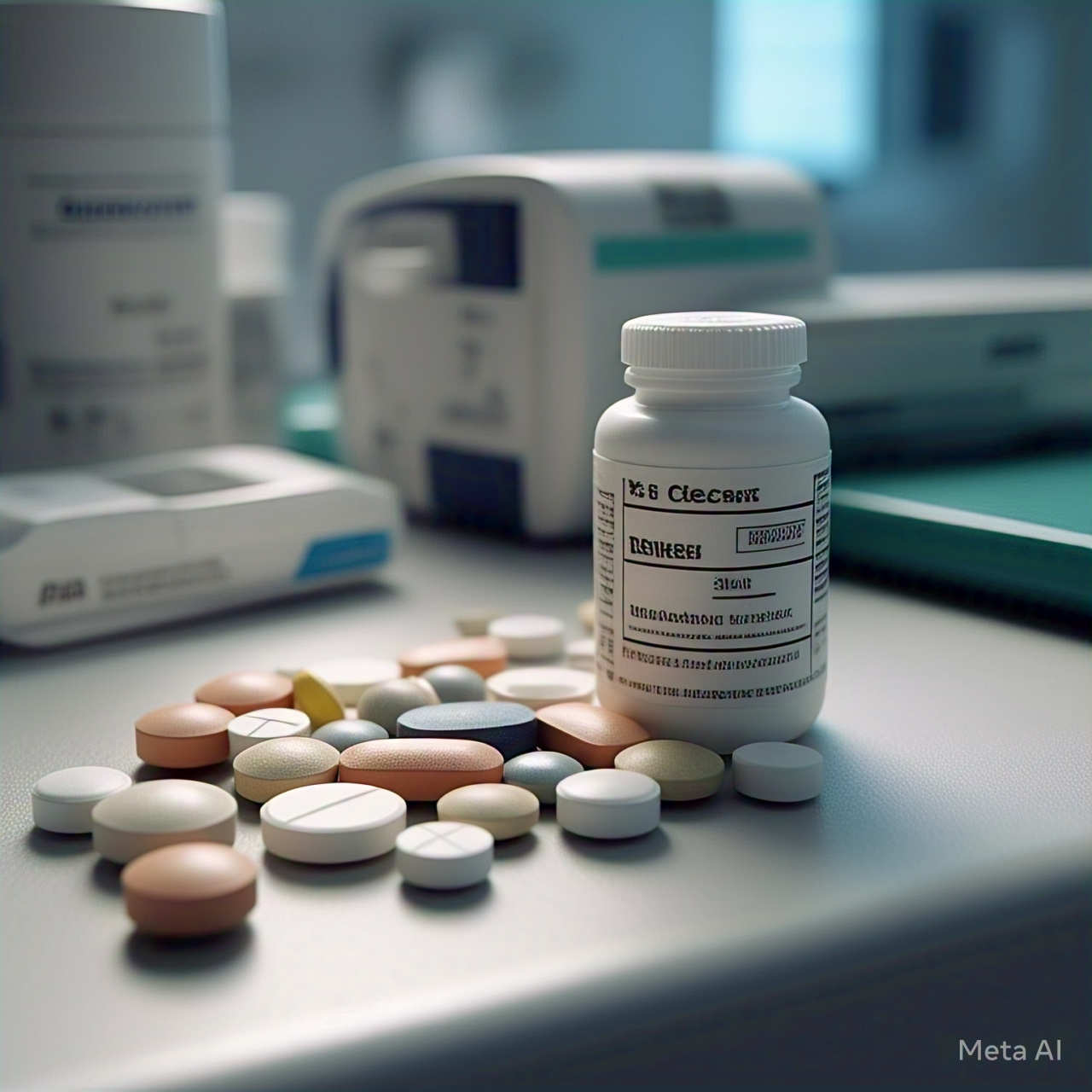Understanding AMR: A Global Health Crisis
Antimicrobial resistance (AMR) is one of the most pressing global health challenges of our time. It occurs when bacteria, viruses, fungi, and parasites evolve and become resistant to the drugs designed to kill them, rendering treatments ineffective. AMR threatens to undo decades of medical progress, increasing the risk of untreatable infections, prolonged illnesses, and higher mortality rates.
As the world grapples with this growing crisis, the largest pharmaceutical companies are taking significant steps to combat AMR. These initiatives span from innovative drug development to improved surveillance and collaborations with global health organizations. In this blog, we explore how pharmaceutical giants are actively fighting against AMR and what the future holds for this battle.
Pharmaceutical Innovations in Combating AMR
The largest pharmaceutical companies are investing heavily in research and development (R&D) to create new antibiotics, alternative therapies, and preventive measures against resistant infections. Some of the most notable advancements include:
1. Development of New Antibiotics
Pharmaceutical companies like Pfizer, GlaxoSmithKline (GSK), and Merck are leading efforts to develop next-generation antibiotics. These drugs are specifically designed to target resistant bacteria, offering new hope for treating infections that no longer respond to existing medications. However, antibiotic development is costly and time-consuming, requiring substantial investment and long-term commitment from the industry.
2. Alternative Therapies
Apart from antibiotics, pharmaceutical companies are exploring alternative therapies such as bacteriophage treatments (viruses that attack bacteria), antimicrobial peptides, and immunotherapies. These innovative approaches aim to provide more sustainable solutions to combat bacterial infections without contributing to resistance.
3. Enhanced Vaccination Programs
Vaccination plays a crucial role in preventing infections, thereby reducing the need for antibiotics. Companies like Moderna and Johnson & Johnson are developing vaccines that target bacterial infections, such as pneumococcal pneumonia and tuberculosis. By preventing infections in the first place, these vaccines help mitigate the spread of resistant strains.
Strengthening Global Collaborations
Pharmaceutical companies are not fighting AMR alone; they are actively partnering with global organizations, governments, and healthcare institutions. Some of the key collaborative efforts include:
1. The AMR Action Fund
Several leading pharmaceutical companies have joined forces in the AMR Action Fund, a $1 billion initiative aimed at bringing 2–4 new antibiotics to market by 2030. This initiative provides financial support and expertise to smaller biotech firms working on novel antimicrobial solutions.
2. Public-Private Partnerships
Companies are collaborating with public health organizations such as the World Health Organization (WHO) and the Centers for Disease Control and Prevention (CDC) to promote responsible antibiotic use and better stewardship programs. These partnerships focus on improving surveillance, monitoring resistance patterns, and raising awareness about the dangers of AMR.
3. Investment in Diagnostics
Rapid and accurate diagnostic tools are essential for ensuring that antibiotics are used appropriately. Pharmaceutical companies are investing in the development of advanced diagnostic technologies that can quickly identify infections and determine the most effective treatment, reducing the misuse of antibiotics.
The Role of Digital Solutions in AMR Management
The fight against AMR is not just about drug development; it also involves improving healthcare infrastructure and operational efficiency. Many pharmaceutical companies are leveraging digital solutions, including payroll software forretail pharmacies and hospitals, to streamline operations and enhance efficiency.
Efficient payroll management in pharmaceutical retail ensures that healthcare professionals are adequately compensated, improving workforce stability and ensuring continuous patient care. Payroll software for retail can also help pharmacies manage their finances more effectively, allowing them to invest in better storage facilities, regulatory compliance, and staff training—all of which are crucial in the fight against AMR.
Challenges in the Fight Against AMR
Despite these efforts, pharmaceutical companies face significant challenges in combating AMR:
- Economic Constraints – The high cost of antibiotic research and development, coupled with low financial returns, makes it less attractive for companies to invest in new antibiotics.
- Regulatory Hurdles – Bringing new antibiotics to market requires navigating complex regulatory pathways, which can delay their availability.
- Overuse and Misuse of Antibiotics – Antibiotic misuse in humans and livestock remains a major issue, contributing to the acceleration of AMR.
- Limited Public Awareness – Many people are unaware of AMR and the importance of responsible antibiotic use, making education and awareness campaigns essential.
The Future of AMR Mitigation
To ensure long-term success in combating AMR, the pharmaceutical industry must continue to innovate, collaborate, and advocate for responsible antibiotic use. Some potential future strategies include:
- Incentivizing Antibiotic Development – Governments and policymakers need to introduce incentives such as tax breaks and grants to encourage pharmaceutical companies to invest in antibiotic R&D.
- Strengthening Regulations – Stricter regulations on antibiotic use in healthcare and agriculture can help slow the spread of resistant bacteria.
- Expanding Global Surveillance – Investing in global surveillance programs can help track resistance patterns and guide effective treatment strategies.
- Promoting Preventive Measures – Increasing vaccination rates and improving sanitation can significantly reduce the incidence of infections, thereby reducing the need for antibiotics.
Conclusion
The battle against AMR is far from over, but pharmaceutical companies are playing a crucial role in mitigating its impact. From developing innovative treatments to fostering global partnerships and leveraging digital solutions, the industry is making significant strides in addressing this critical public health issue.
However, tackling AMR requires a collective effort. Governments, healthcare professionals, and the public must work together to ensure antibiotics remain effective for future generations. By investing in research, promoting responsible antibiotic use, and supporting policies that encourage innovation, we can combat AMR and safeguard global health for years to come.







